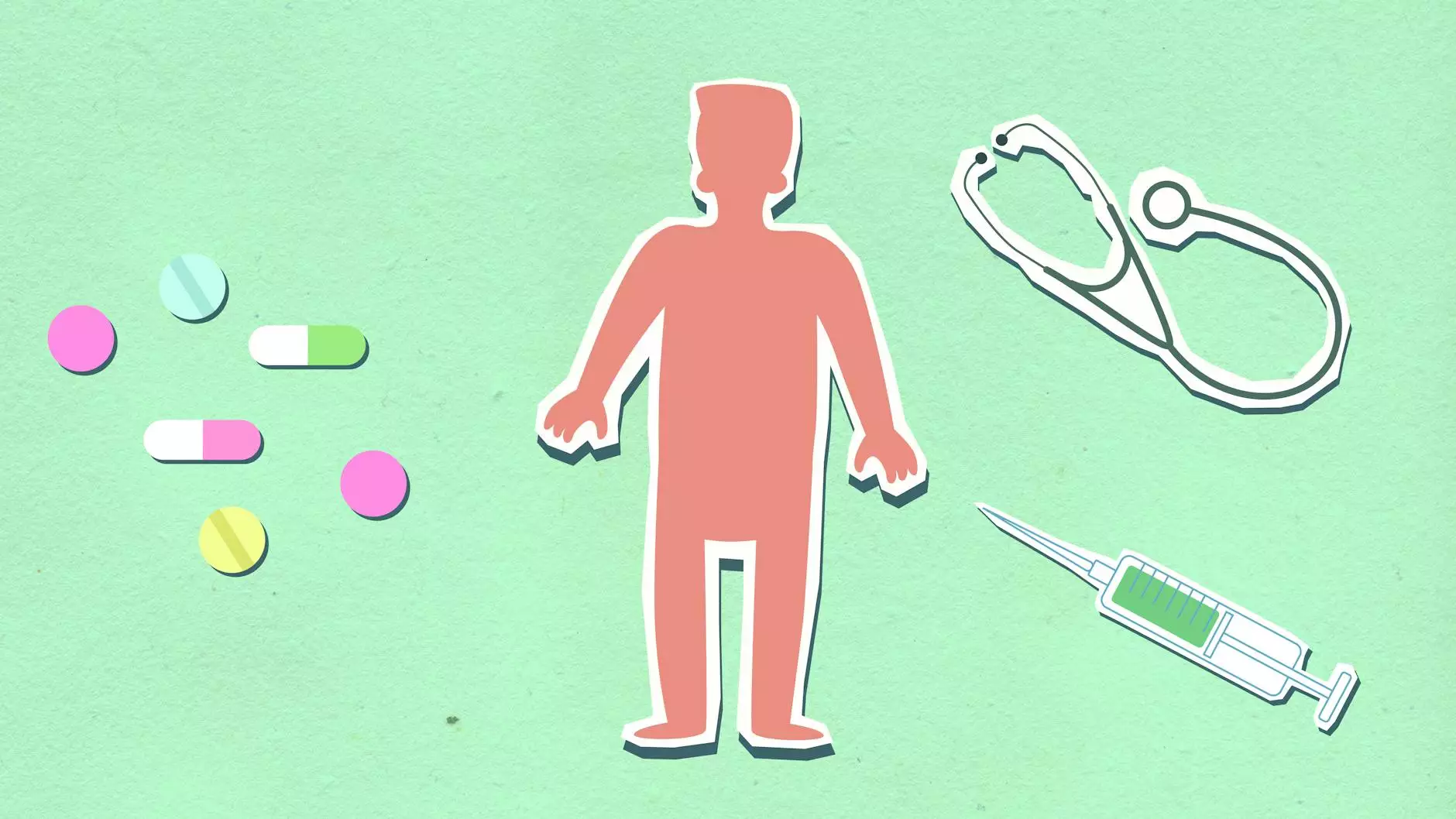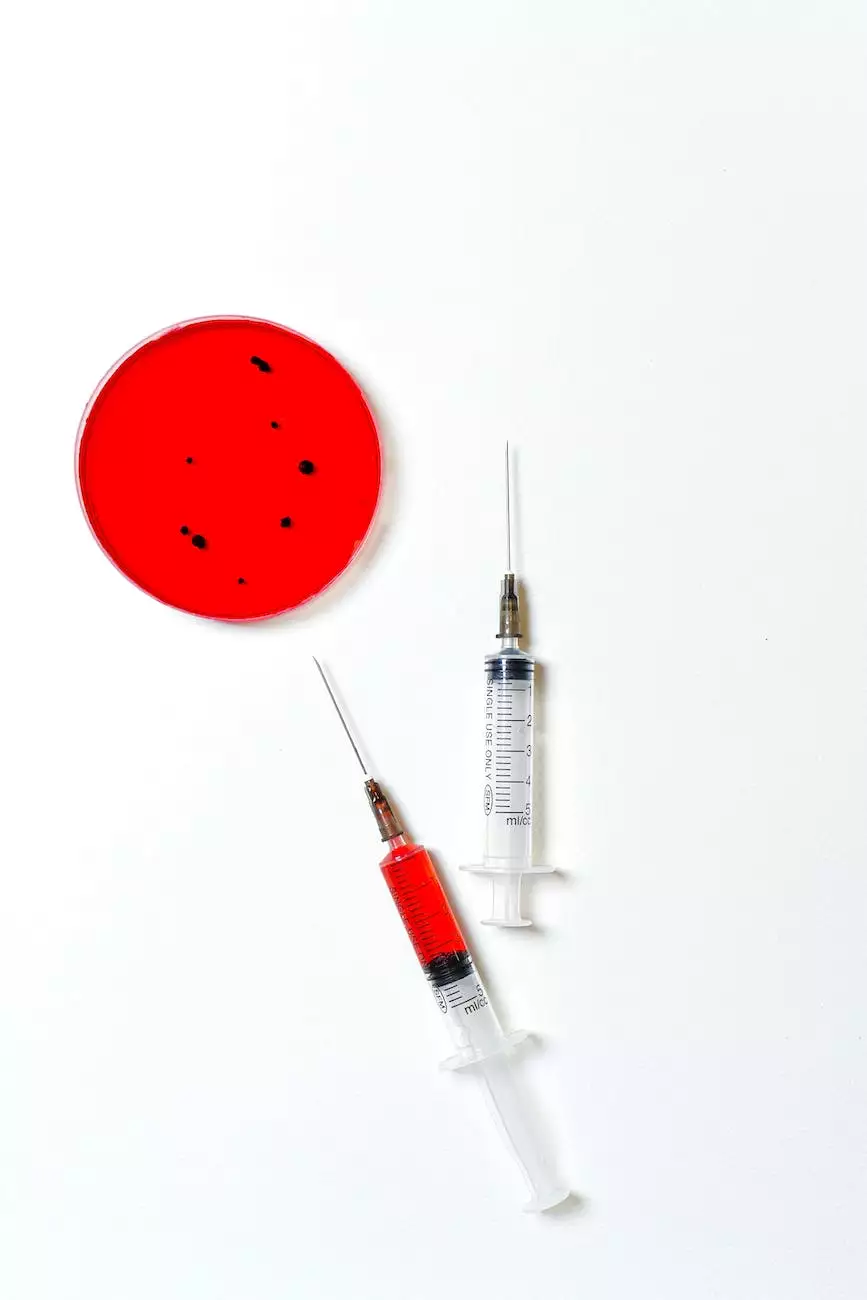The Benefits and Risks of TRT: Scientific Research
Health
Introduction
Welcome to CHI St. Luke’s Health - Performance Medicine, a trusted source of information on health and wellness. In this article, we will explore the benefits and risks of Testosterone Replacement Therapy (TRT) based on scientific research. Our goal is to provide you with comprehensive information to help you make informed decisions about your health.
Understanding Testosterone Replacement Therapy
Testosterone Replacement Therapy (TRT) is a medical treatment prescribed to individuals with low testosterone levels. It involves the administration of exogenous testosterone to restore testosterone levels to a healthy range. While TRT can be beneficial for individuals experiencing symptoms related to low testosterone, it is important to understand the potential benefits and risks associated with this therapy.
The Benefits of TRT
Scientific research has indicated several potential benefits of Testosterone Replacement Therapy:
- Increased Muscle Mass and Strength: TRT has been shown to improve muscle mass and strength, making it an attractive option for individuals looking to enhance their athletic performance or recover from injuries.
- Improved Bone Density: Low testosterone levels can contribute to decreased bone density, increasing the risk of osteoporosis. TRT can help improve bone density and reduce the risk of fractures.
- Enhanced Libido and Sexual Function: Research suggests that TRT can improve sexual desire and function in individuals with low testosterone levels, leading to a better quality of life.
- Increased Energy Levels: Testosterone plays a crucial role in regulating energy levels. TRT can help combat fatigue and improve overall vitality.
- Improved Mood and Well-being: Low testosterone levels have been associated with mood disorders such as depression and anxiety. TRT can potentially alleviate these symptoms and enhance emotional well-being.
The Risks of TRT
While Testosterone Replacement Therapy offers potential benefits, it is crucial to consider the associated risks. Here are some important points to be aware of:
- Possible Cardiovascular Risks: Some studies suggest a potential increase in the risk of cardiovascular events, such as heart attacks and strokes, in individuals undergoing TRT. However, more research is needed to establish a clear causal relationship.
- Acne and Skin Issues: TRT can sometimes cause skin-related side effects, including acne and oily skin. These effects are usually mild and can be managed with proper skincare.
- Fluid Retention: In some cases, TRT may cause fluid retention, leading to bloating and increased blood pressure. Regular monitoring and adjustments in dosage can help mitigate this risk.
- Suppression of Natural Testosterone Production: Long-term use of TRT can potentially suppress the body's natural testosterone production. It is essential to work closely with a healthcare professional to ensure proper monitoring and adjustment of the therapy.
- Increased Risk of Blood Clots: Studies have suggested a potential association between TRT and an increased risk of blood clots. Individuals with a history of thromboembolic events should exercise caution when considering TRT.
Conclusion
Testosterone Replacement Therapy can provide significant benefits for individuals with low testosterone levels. However, it is essential to weigh these benefits against the potential risks. Consultation with a healthcare professional specializing in hormone therapy is crucial to ensure personalized care and monitoring throughout the treatment. At CHI St. Luke’s Health - Performance Medicine, we are committed to delivering evidence-based information to empower individuals in making informed decisions about their health. Stay informed, stay healthy!
© 2023 CHI St. Luke’s Health - Performance Medicine. All rights reserved.










